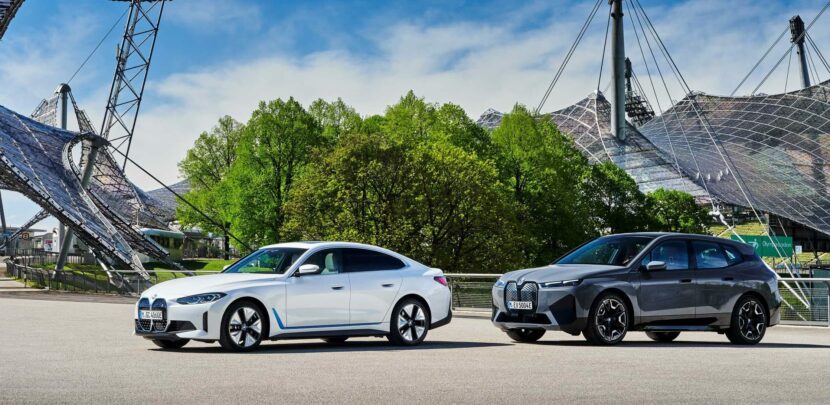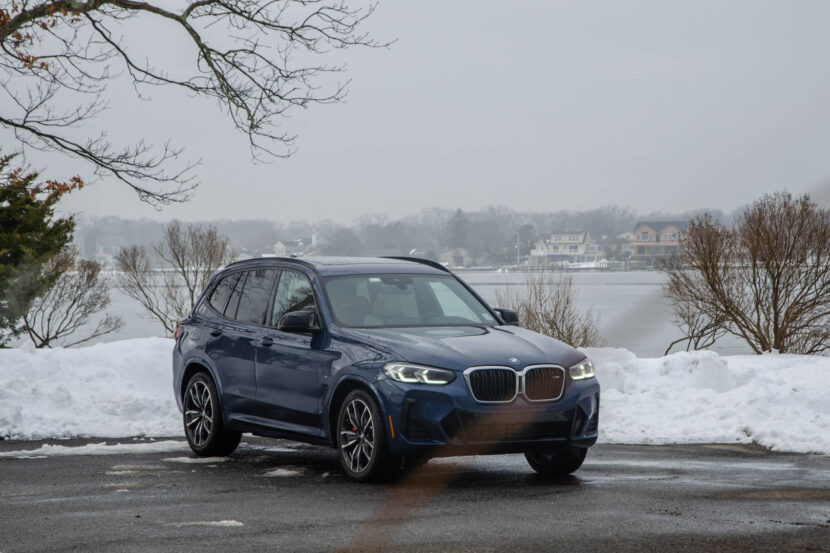The BMW Group has made significant strides in reducing its overall carbon footprint, as shown by the recent decrease in its fleet-wide CO2 emissions. In 2023, the group’s fleet in the European Union recorded emissions of 102.1 grams per kilometer, based on the Worldwide Harmonised Light Vehicle Test Procedure (WLTP). This figure marks a 2.8% drop from 2022’s 105 grams per kilometer, surpassing the European Union’s set target for BMW of 128.5 grams per kilometer by a notable margin of 26.4 grams. According to a press release, a major factor in this achievement is driven by electric vehicles. Last year, the company sold 376,183 fully-electric vehicles globally, a 74.4% increase from 2022.
Looking ahead, BMW says it wants to sustain this momentum in 2024, with more than 15 fully-electric models currently available. The company’s target is that by the end of this year, 20% of its newly sold vehicles will be fully electric, with a goal of 25% by 2025. Apart from expanding its electric fleet, BMW has also been enhancing its conventional engines. Recent updates to their drive train technology, particularly since fall 2022, have increased the efficiency of their internal combustion engines, further contributing to the reduction in CO2 emissions.
By 2030, the group aims to cut CO2 emissions by at least 40% per vehicle from 2019 levels, covering the entire lifecycle from supply chain to production and usage. BMW’s ultimate objective is to achieve climate neutrality by 2050. BMW’s commitment aligns with the Paris Agreement’s aim to limit global warming. The company is the first German car maker to join the “Business Ambition for 1.5° C” initiative by the Science-Based Targets Initiative and is also participating in the United Nations’ Race to Zero campaign.
Of course, the roll out of Neue Klasse electric vehicles will accelerate this process, considering the new EVs aim to be more efficient and sustainable. First one to roll out will be the BMW iX3 in 2025, followed a year later by the BMW i3 sedan.





































































